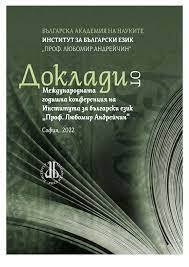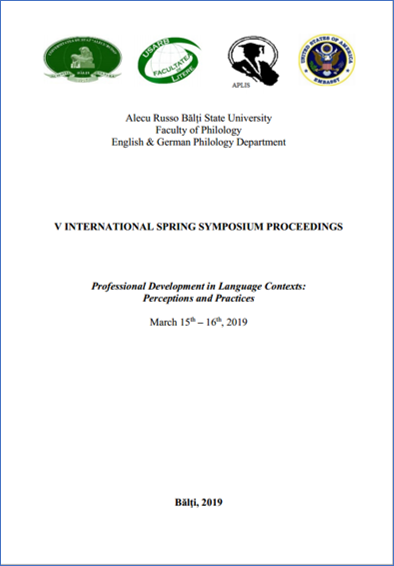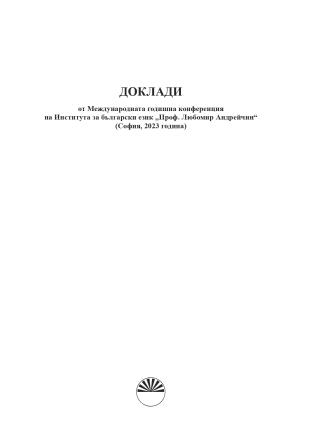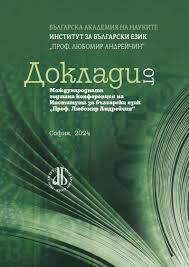
Dylematy interpretacyjne badacza dawnej polszczyzny południowokresowej
The paper presents some problems related to the interpretation of the linguistic facts characteristic of the Polish language of the 17th and 18th century Southern Borderland (illustrated by the example of phonetic features). Due to the complicated genesis of this language variety, it is sometimes difficult or even impossible to determine the nature and origin of some phenomena. Interpretative dilemmas arise in the case of such questions as: 1) does a phenomena in question have a merely graphic or also phonetic nature (e.g. forms such as Błogosławięstwy), 2) should a phenomena in question be considered a peripheral archaism or a result of Ukrainian interference (e.g. forms such as alie, pisarsz, oczekuiąć), 3) should a phenomena in question be considered one of Polish dialect features or Ukrainian borrowings (e.g. forms such as Łaskie, sztachietow, chiba) etc.
More...



